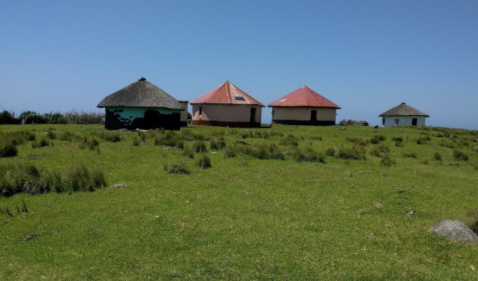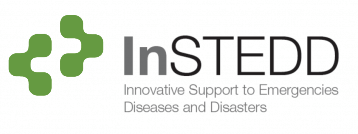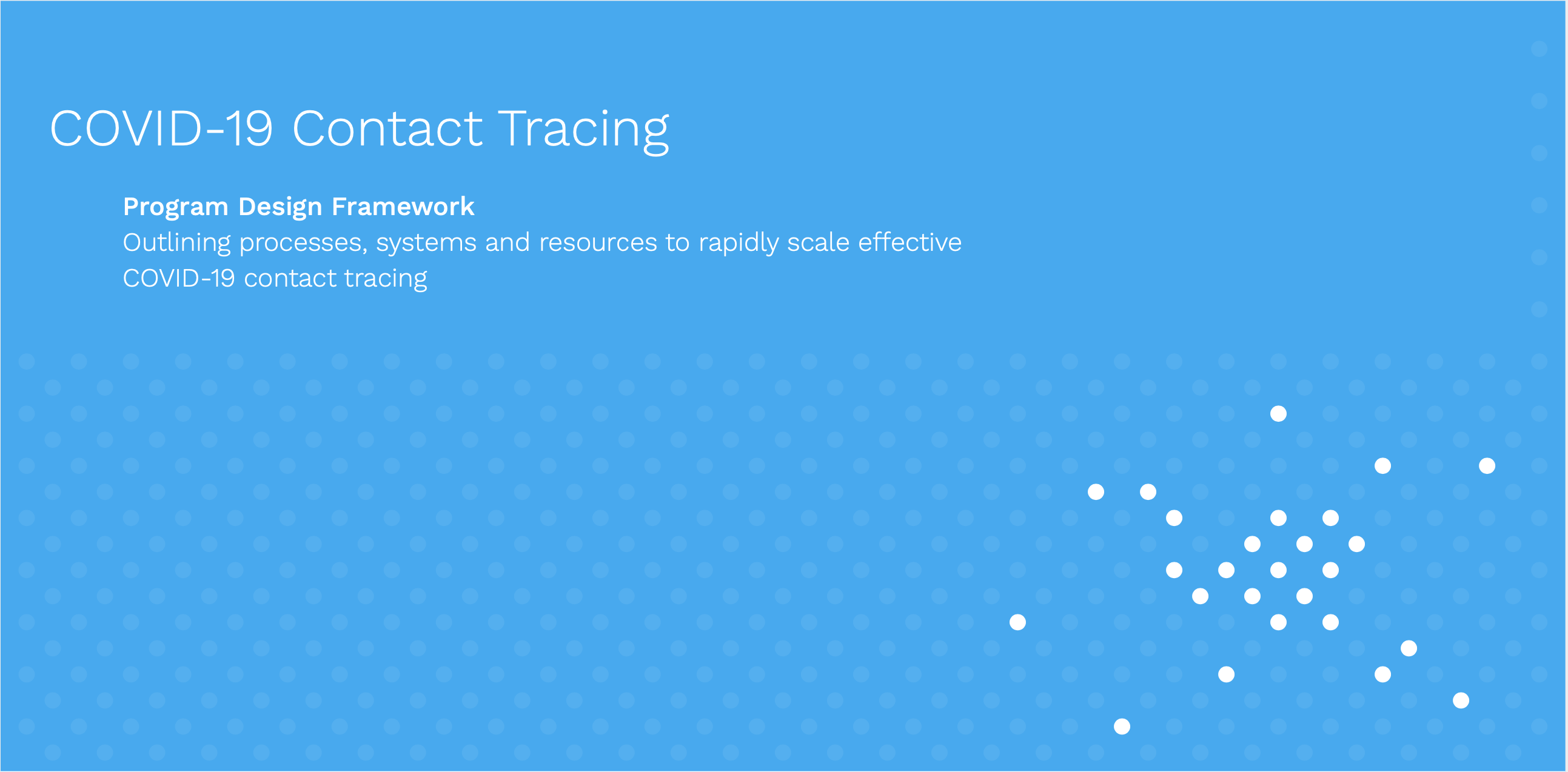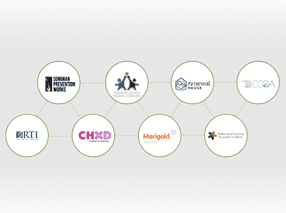The best part of working at InSTEDD is the impact our projects have on lives in countries around the world. However, since I live in Massachusetts and work virtually, it’s easy to feel removed from the effects of international development. Spending the past month traveling through Swaziland, South Africa, Lesotho, and Namibia during my holiday break gave me the opportunity to reconnect with the very reason I wanted to work with InSTEDD in the first place: to improve the lives of the underserved around the globe with technology.

Photo: South Africa Wild Coast. Credit: Emily Aiken
The marks of technology’s ever-changing influences were visible all over southern Africa during my trip, and especially when it comes to the mobile phone. Examples such as mobile money mPesa signs all over Nairobi’s shacks. Cell phone pay-as-you go network airtime distributors all along the roads of rural Swaziland. A new Android application for tracking shared minibus taxis in South Africa. It was truly inspiring to experience how the mobile sector–a major focus area of InSTEDD’s work–has had an impact on the lives of Africa’s poor.
The use of mobile phones in the countries I traveled to are producing enormous amounts of potentially useful data. Seeing this factor first hand helped put my InSTEDD 2016 work into a new perspective. Over the past year I worked to create insights from new streams of data for the organization’s communications and technology platforms. I had the opportunity to examine data such as InSTEDD’s website analytics, telemetry from InSTEDD’s open source platform tools, and reports from a National Disease Reporting Hotline project in Cambodia. My experience traveling illuminated how cell phone users represent an individual opportunity to deliver information, but collectively the millions of users create data with the potential to quickly provide understanding of local contexts and visualize macro trends.
It’s amazing to see how the age of technology has transformed sub-Saharan Africa. It has laid a foundation for even more changes to come. With mobile phones, wireless networks, and personal devices ubiquitous in so many countries, it is possible for data-driven decision making to have an exponential impact. As I look ahead at my 2017 work with InSTEDD, I look forward to continuing to figure out how to create actionable data and to augment the tools that improve lives worldwide in this new age of information.
Blog Post by Emily Aiken





